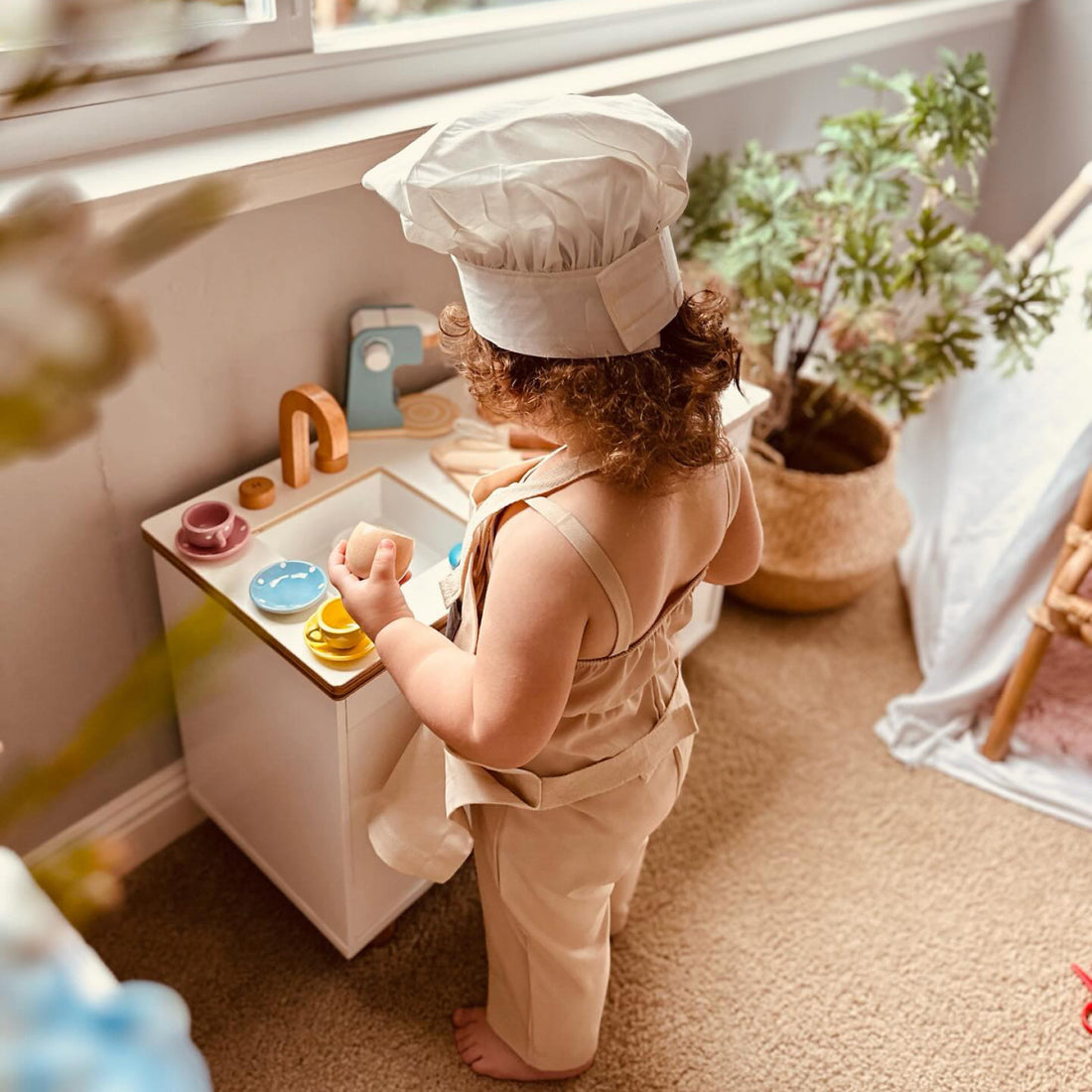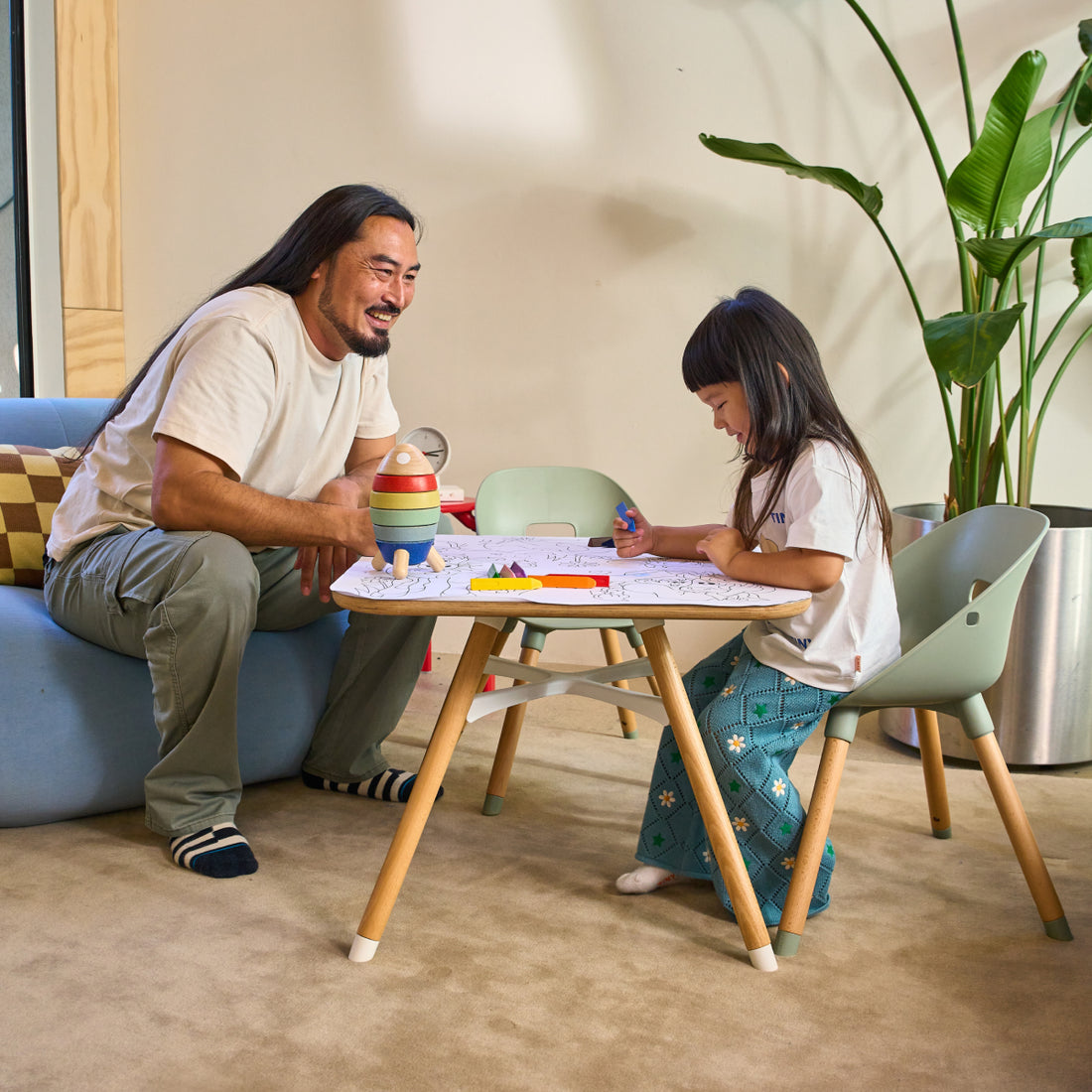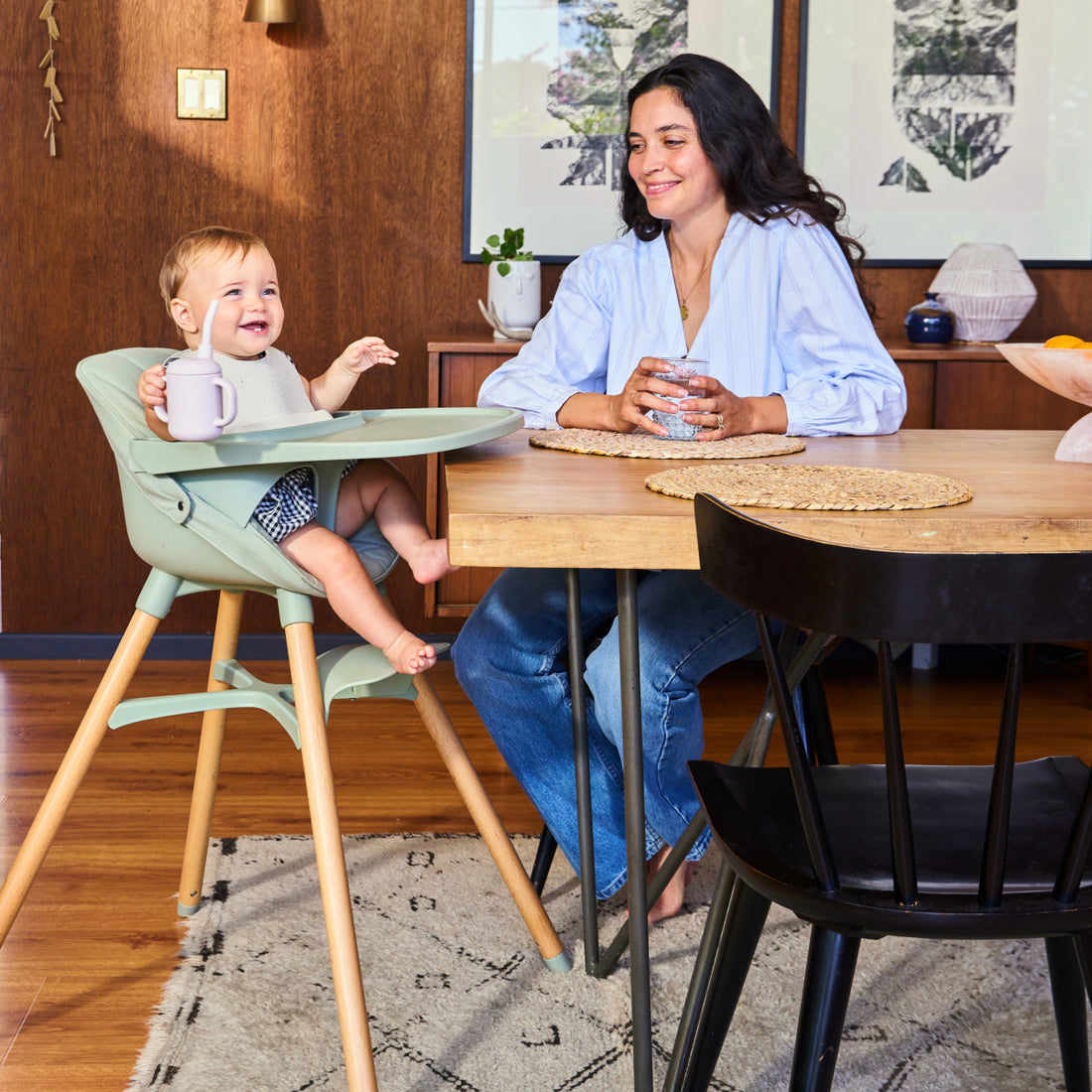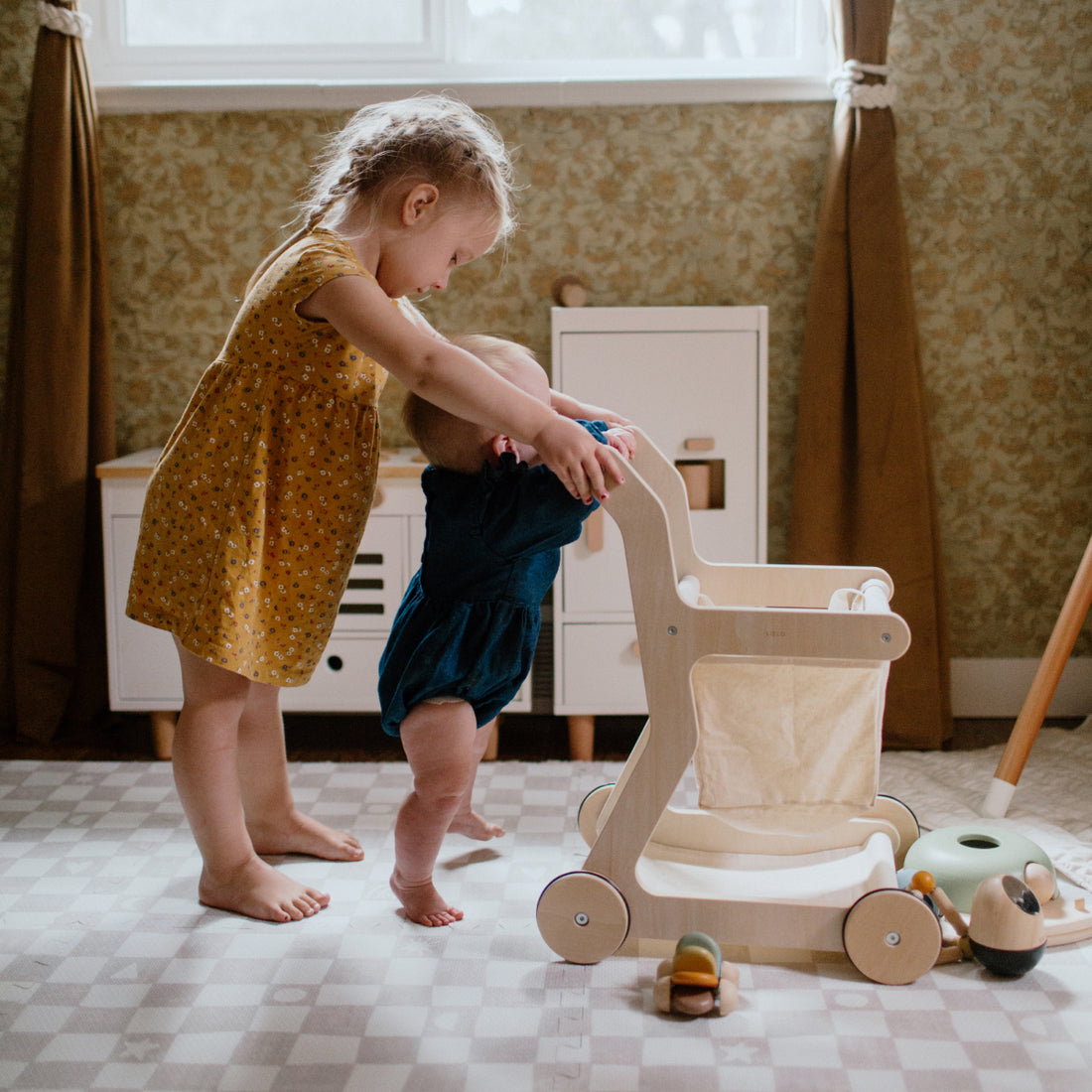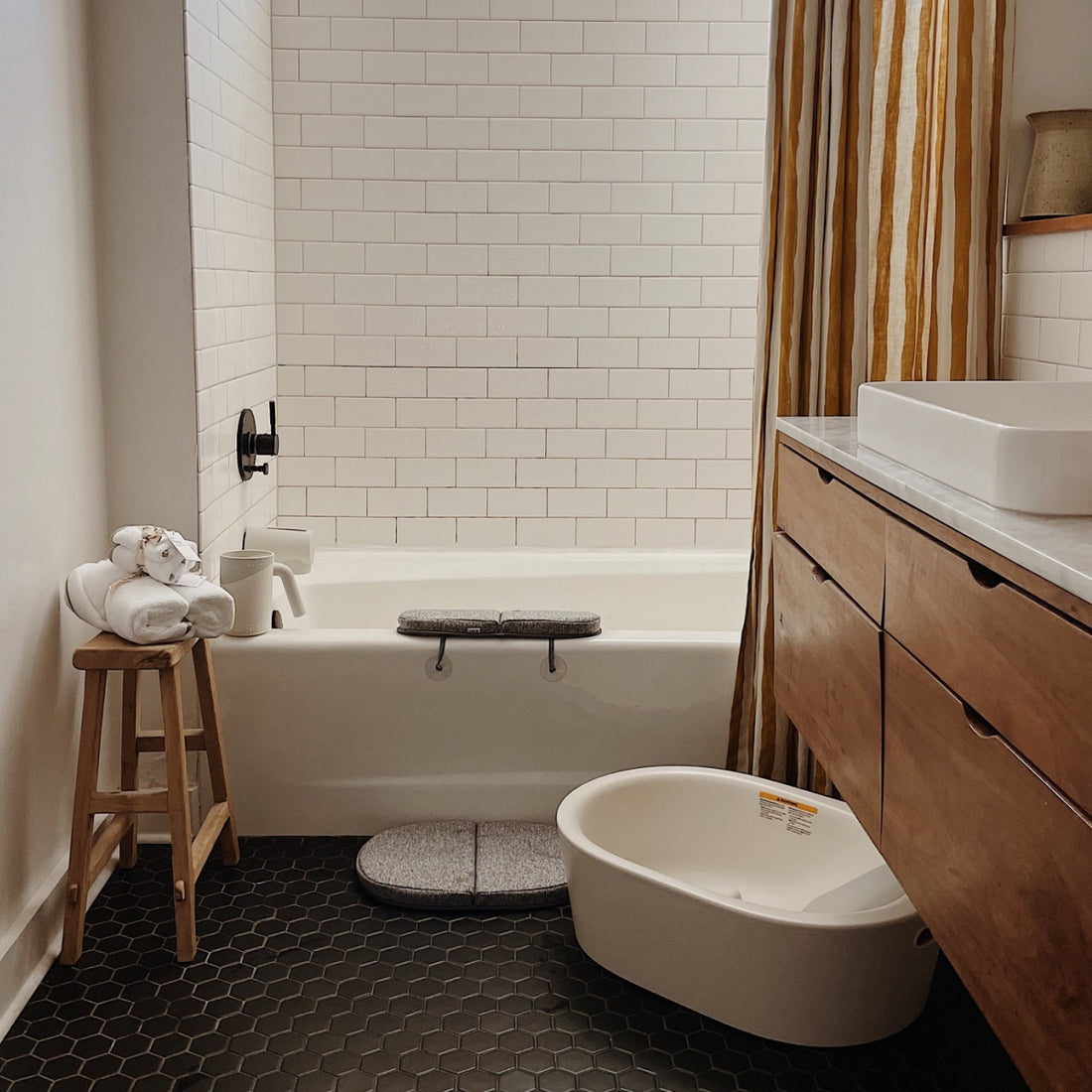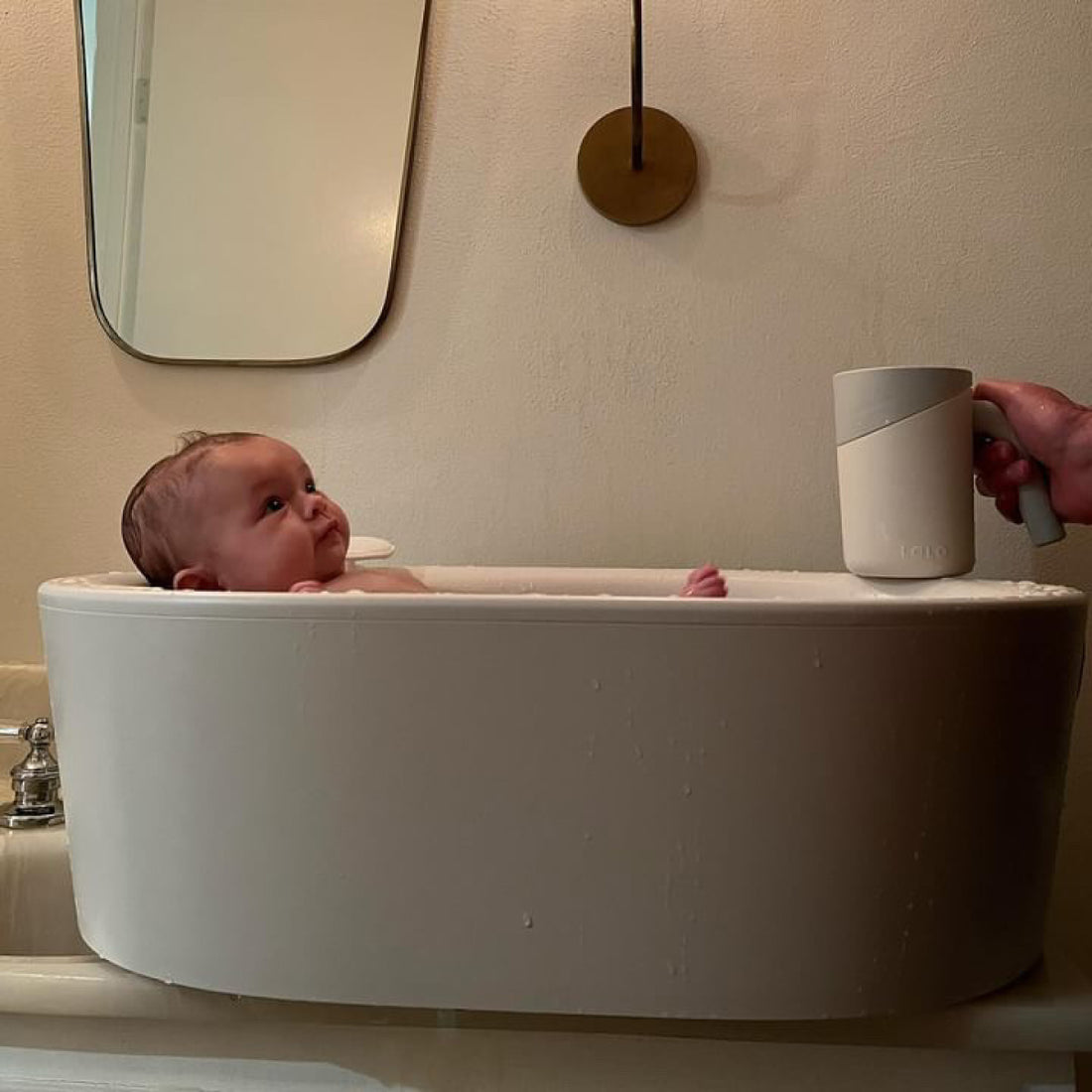Parent's Guide to Surviving the Fall Time Change
By Jessica Berk
Founder & CEO, Awesome Little Sleepers
Toddler & Preschooler Sleep Coach
It’s that time of year again – the time of year all parents dread.
On Sunday, November 3rd, Daylight Savings Time ends and the clock “falls back,” basically shoving an extra hour into our day.
Whether you’re a parent or a child, no one handles the extra hour well! Kids’ bodies are sensitive, and absorbing that extra hour can throw off the schedule of even the best sleeper.
That’s why I’m going to teach you a step-by-step method to survive the time change with everyone’s sleep intact.
Surviving the Time Change on Sunday, 11/3
The best thing you can do to survive the time change is make sure your child has great sleep habits all year long. Kids who are already used to sleeping well can actually be more flexible with sleep and can handle disruptions more easily - like skipping a nap, staying up late, and getting through the seasonal time changes.
Great sleep habits for kids means falling asleep easily and sleeping 10-12 hours through the night without waking up.
If you need help figuring out how to make that your reality, you should join me in my next free Toddler Sleep Masterclass. More details on that below.
Your Secret Weapon: Gradual Sleep Adjustment
Even if you don’t have a perfect sleeper quite yet, you can still survive the time change by planning ahead and using a gradual adjustment strategy.
We already know that when DST ends on Sunday, November 3rd, we get an extra hour added into our day. By gradually adjusting your child’s internal clock in the days leading up to the time change, it helps them absorb that extra hour more gently so it doesn’t totally rock their world and throw their sleep schedule into chaos.
Think about it this way: if your child normally goes to bed at 7pm, after the time changes, 7pm becomes the old 8pm. Meaning, if you rely only on the clock and stick to the same bedtime, it’s the same effect as putting your kid to bed an hour later.
Now, some parents do this and they just push through. But if you’ve ever tried putting your child to bed an hour later than normal, you know that doesn’t usually go well! They get super overtired trying to stay up late! Your kid will be fussy, grouchy and struggling to stay awake through dinner, then will be hyper and bouncing off the walls when you try and put them to bed.
To prevent this, what you'll do in the days leading up to the time change is gradually move your child’s bedtime LATER towards 8pm so the extra hour doesn't disregulate them all at once.
This gradual adjustment strategy that I’m going to show you applies to both nap AND bedtime.
Gradual Adjustment Strategies by Age
I’ve got two different strategies for you based on your child’s age. The first is for kids under 3 years old, and the second is for kids over 3.
If you’re a visual learner like I am, you can download a free visual guide for this process. Here’s the link: download the guide
If your child is under 3 years old or has sensitive sleep needs - meaning they’re a real creature of habit and thrive with their specific bedtime - then start this very gradual process on the Wednesday before the time changes.
On Wednesday, move bedtime 15 minutes later. So, if normal bedtime is 7pm, move it to 7:15pm.
On Thursday, move it another 15 minutes later to 7:30.
On Friday, move it to 7:45.
On Saturday, move it to 8pm.
Once Sunday hits and the time has changed, you’ll go back to your normal 7pm bedtime – which is the same time as 8pm was on Saturday!
By splitting the extra hour up into 15-minute increments and introducing it over 4 days, it will soften the blow once the time changes on Sunday and allow you to keep your child sleeping and napping on the same schedule without them getting too overtired.
If your child is over 3 years old and already a pretty great sleeper, they may be able to handle some bigger jumps in time. Or if you totally forgot about the time change or waited to get started, no worries... start here...
You can start on the Friday before the time changes and move their sleep time by 30 minutes.
So, if bedtime is normally 7pm, on Friday, move it to 7:30.
On Saturday, move it to 8pm.
Then, on Sunday, go back to 7pm - which will feel in your child’s body like 8pm the prior night.
Again, the idea is to split up the extra hour and introduce it gradually so it doesn’t cause your child to get overtired and throw their sleep schedule totally off track.
If this whole time change concept makes your head spin, it may be easier to look at the visual guide, so be sure to check out the free download to help it make sense.
Click here to download
Remember, the Fall time change feels weird to all of us. It will get dark much earlier in the afternoon and it will be brighter in the morning for a few weeks so keep those blackout curtains up to prevent early morning wake ups.
Once the time changes on 11/3, stick with the new time on the clock for bedtime and nap time.
Just remember that it’s normal for it to take a few days for everyone’s circadian rhythms to adjust. But it will happen - be patient!
Join me in my next free Toddler Sleep Masterclass to learn the REST Method® to get your 2.5 to 8 year old sleeping through the night alone in their own room with no wake ups all year long. Save your spot at ToddlerSleepMasterclass.com.
Meet the Expert

Certified toddler sleep consultant, Jessica Berk, is the founder of Awesome Little Sleepers and she helps families all over the world solve their sleep challenges using her proven REST Method®.
If you’re a toddler parent, you know that sleep challenges with your big kid are very different then when they were a baby. That’s why Jessica is passionate about empowering parents with the tools they need to get their big kids sleeping well.
Jessica’s best-selling digital course, Sleep Tight Without a Fight, has helped over 8,000 families learn how to get their kids to bed peacefully on time and sleeping 10-12 hours each night with no wake ups.
Learn more about Jessica on her popular YouTube channel, podcast, How to Get Your Toddler to Sleep in a Big Kid Bed, and on Instagram.



